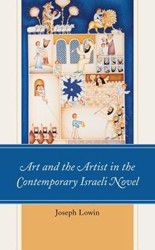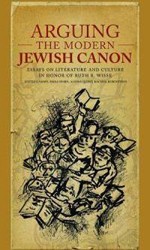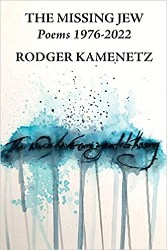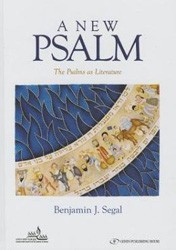Traumatic Verses, an erudite, well-researched, and lucidly reasoned academic study by Andrés Nader, closely examines a representative range of poems written in German in a variety of camp settings by Hasso Grabner, Fritz Löhner-Beda, Karl Schnog, Ruth Kluger, Edgar Kypfer-Koberwitz, and Ilse Weber, among others, composed in Buchenwald, Dachau, Flössenburg, and Theresienstadt. These poems are marked in two particular ways. They were written while the authors were imprisoned in concentrations camps and they were written in German, the language of their persecutors.
Nader provides a psychoanalytically informed reading of these poems, tells the stories behind the composition and preservation of these writings, and discusses their significance for aesthetic theory and for research on the concentration camps. Most of these poems appear for the first time in English translation along with the original German texts.
The book explores some important and fascinating questions. Why did some inmates engage in aesthetic practices? Why poetry? Why would people deprived of the most basic and essential human requirements and human rights resort to creative expression? What do their verses tell us about poetry and language in conditions of extremity? And most specifically, what is the significance of the cultural production from the camps in the language of the perpetrators? At its most profound level, poems in German, particularly those composed by Jews, directly defied the Nazi ideology that linked culture and language to race and claimed that Jews were incapable of authentic expression in German. By writing in German they were reclaiming the language that had been corrupted and co-opted by Nazism. Their poems are examples of the ways in which inmates tried to resist the attacks on their cultural identity and their individuality. By composing poems in German and poems that occasionally incorporate classical aspects of the lyric tradition, Jewish writers implicitly were insisting on a cultural role for themselves in German. The poems engage questions of morality, agency, and authentic voice. They are also expressions of “poetic defiance” because they are gestures that contradict the humiliation, silencing, and dehumanization imposed by the perpetrators. The poems are thus private acts of protest, on the one hand, and expressions of private creativity and freedom, on the other.
This book makes an important contribution to Holocaust Studies, and to trauma studies, that fills in the gaps left by literary scholars who, for the most part, have not carefully studied the poetry produced in the camps in German. It adds a significant and nuanced dimension to our understanding of the camp experience and of the Adorno question of the feasibility of “poetry after Auschwitz.”





